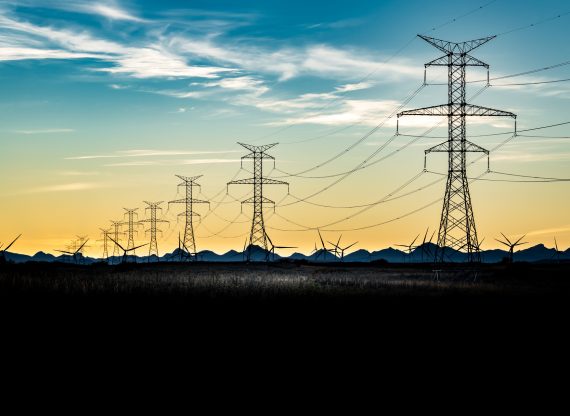Hydro-Québec’s Action Plan 2035: More realistic demand projections

Montreal, November 2, 2023 – Hydro-Québec’s increased electricity demand projections are more realistic, says the Montreal Economic Institute in reaction to the publication of the Crown corporation’s Action Plan 2035.
“Hydro-Québec must be commended for its realism with regard to the challenge that Quebec is facing,” says Gabriel Giguère, public policy analyst at the MEI. “By raising its projections for additional production from 25 to 60 terawatt-hours, the new management team understands that it must meet the needs of a growing Quebec.”
According to Hydro-Québec’s most recent projections, the province will need 60 terawatt-hours of electricity production by 2035.
In the supply plan it submitted last year, the Crown corporation estimated that it would need 25 terawatt-hours of additional annual production before 2032.
However, the Institute estimates that independent electricity producers will have to play a larger role in Quebec’s energy landscape in order for this additional production to materialize.
“In a context in which Hydro-Québec judges that electricity production will have to double in less than 30 years, we will need the full participation of independent producers,” says Gabriel Giguère. “Quebec should notably remove the regulatory limit of 50 megawatts of capacity for independent dams.”
Hydro-Québec also states that additional electricity production needs are on the order of 150 to 200 terawatt-hours by 2050. This implies a doubling of current production, which goes much further than the plan presented today.
Currently, independent dam projects are limited to 50 megawatts of generating capacity if they want to supply Hydro-Québec. Wind farms are not subject to this limit.
The MEI also recommends that the provincial government authorize independent producers to sell their energy directly to commercial and industrial consumers if they want to.
“Already, the evaporation of Hydro-Québec’s surpluses has led to the cancelation of wealth-creating projects in Quebec’s regions,” explains Mr. Giguère. “By allowing independent producers to supply the demand from our wealth creators, we ensure that Hydro-Québec’s refusal to supply them does not become a veto on the development of our regions.”
In September, Energy Minister Pierre Fitzgibbon announced that he had had to refuse 11 economic development projects out of 21 that had been presented, due to a lack of generating capacity.
* * *
The MEI is an independent public policy think tank with offices in Montreal and Calgary. Through its publications, media appearances, and advisory services to policy-makers, the MEI stimulates public policy debate and reforms based on sound economics and entrepreneurship.
– 30 –
Interview requests
Célia Pinto Moreira
Communications Advisor
Cell: 514 703-0502

